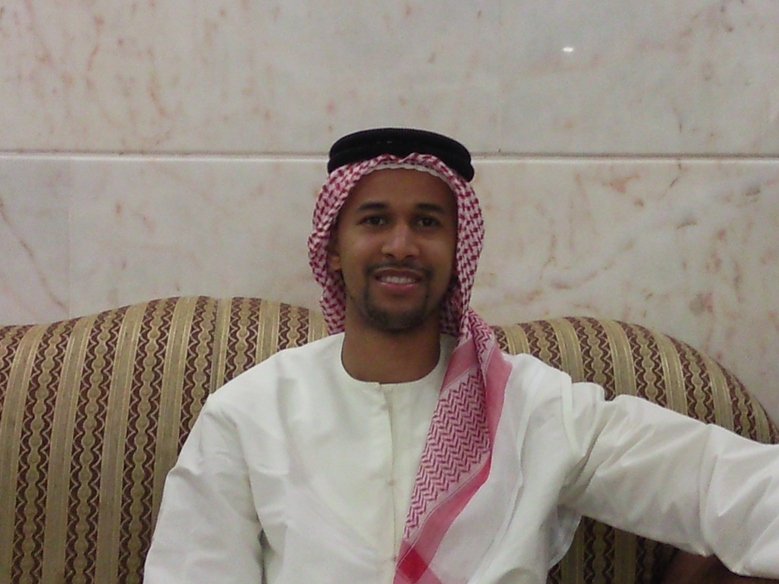

FALCONTrust
"for you and for us... "
>> Our Chairman and Majority Owner of FALCONTrust



Sheikh Mustafa Sheikh Abdulcadir
Sheikh Mustafa is the Majority Owner of FalconTrust and hold´s 85%, he is also the Chairman.
Sheikh Mustafa is the Majority Owner of FalconTrust and hold´s 85%, he is also the Chairman.
Q:Why has Falcon Trust chosen to be more transparent in the publically?
A:We recognized over time that there are people who are actually interested in knowing about FT. We had been operating by thinking, perhaps naively, “Why would they want to know?”
But we have recognized that as a responsible long-term investor, we need to build understanding
in the market about what we do and how we do it. We created our new communications department for two main purposes: internal communication within FT and external communication to share FT’s story with our stakeholders.
We are not targeting the retail or institutional investors. We are targeting recipient countries, regulators, and people who are specializing in the industry so that they understand us better and are able to attract the right sorts of opportunities and partners. So, one of the things that our communications team came up with was FT’s first annual review. Our website has also been
upgraded to cover many subjects that we never covered before. And we are doing more targeted publicity, such as with CFA Institute and others. We see CFA Institute as a good proxy of what FT is all about and what FT has really practiced. In CFA Institute, we see a good reflection
of what we are.
Q: What would a Westerner notice about working in Abu Dhabi?
A:When you come to a different culture, you mingle with a society that has its own tradition—what to do in public and what not to do, the types of jokes, and things like that. It isn’t really a big adjustment, I have to say, because FT is very much open to all kind of cultures. But, for example, the American culture is easy about joking in public and making fun in public, whereas some other cultures are very reserved. For example, the English are less about joking around. But people accept people for who they are, and to be honest, there is no American style or U.K. style or European or Indian style. It is very much individual, but there are common characteristics of certain
cultures and these are common characteristics that we should be aware of. For instance, in some cultures, people just like to be part of the meeting and feel that they are actually involved.
In the Western mind, sometimes efficiency and getting a meeting done on time is more important. Balancing the two and being sensitive about giving people enough time as part
of the meeting is always essential. In some cultures, people feel that if they didn’t say much, then they are not part of the meeting. In the Western way of working, getting the decision made is more important than who participated.
Q:What might be characteristic about the culture in Abu Dhabi?
A:People tend to be family oriented here. They are concerned about the whole social being of a person, and that extends to more than just the office. They care, and they ask,
“How is your wife, how are your kids?” And they tend to be more socially minded than other cultures. Mingling with your employee’s family and meeting each other is a common practice, more than in other places. People tend to host each other in their houses more than you would
see in other cultures, as opposed to going out to a restaurant. The common thing about FT is that FT is part of the society and very visible in Abu Dhabi, given that it is a smaller city and a smaller culture. If you work at FT, you are recognized, and you are seen as having a prestigious
job, a well-respected job, and doing a great thing for the country. So working for FT, you have a sense of pride and a sense of recognition in society and, at the same time, a sense of responsibility because of that.
*Answered by: Sheikh Mustafa Sheikh Abdulcadir
-Chairman/Majority Owner-
A:We recognized over time that there are people who are actually interested in knowing about FT. We had been operating by thinking, perhaps naively, “Why would they want to know?”
But we have recognized that as a responsible long-term investor, we need to build understanding
in the market about what we do and how we do it. We created our new communications department for two main purposes: internal communication within FT and external communication to share FT’s story with our stakeholders.
We are not targeting the retail or institutional investors. We are targeting recipient countries, regulators, and people who are specializing in the industry so that they understand us better and are able to attract the right sorts of opportunities and partners. So, one of the things that our communications team came up with was FT’s first annual review. Our website has also been
upgraded to cover many subjects that we never covered before. And we are doing more targeted publicity, such as with CFA Institute and others. We see CFA Institute as a good proxy of what FT is all about and what FT has really practiced. In CFA Institute, we see a good reflection
of what we are.
Q: What would a Westerner notice about working in Abu Dhabi?
A:When you come to a different culture, you mingle with a society that has its own tradition—what to do in public and what not to do, the types of jokes, and things like that. It isn’t really a big adjustment, I have to say, because FT is very much open to all kind of cultures. But, for example, the American culture is easy about joking in public and making fun in public, whereas some other cultures are very reserved. For example, the English are less about joking around. But people accept people for who they are, and to be honest, there is no American style or U.K. style or European or Indian style. It is very much individual, but there are common characteristics of certain
cultures and these are common characteristics that we should be aware of. For instance, in some cultures, people just like to be part of the meeting and feel that they are actually involved.
In the Western mind, sometimes efficiency and getting a meeting done on time is more important. Balancing the two and being sensitive about giving people enough time as part
of the meeting is always essential. In some cultures, people feel that if they didn’t say much, then they are not part of the meeting. In the Western way of working, getting the decision made is more important than who participated.
Q:What might be characteristic about the culture in Abu Dhabi?
A:People tend to be family oriented here. They are concerned about the whole social being of a person, and that extends to more than just the office. They care, and they ask,
“How is your wife, how are your kids?” And they tend to be more socially minded than other cultures. Mingling with your employee’s family and meeting each other is a common practice, more than in other places. People tend to host each other in their houses more than you would
see in other cultures, as opposed to going out to a restaurant. The common thing about FT is that FT is part of the society and very visible in Abu Dhabi, given that it is a smaller city and a smaller culture. If you work at FT, you are recognized, and you are seen as having a prestigious
job, a well-respected job, and doing a great thing for the country. So working for FT, you have a sense of pride and a sense of recognition in society and, at the same time, a sense of responsibility because of that.
*Answered by: Sheikh Mustafa Sheikh Abdulcadir
-Chairman/Majority Owner-
